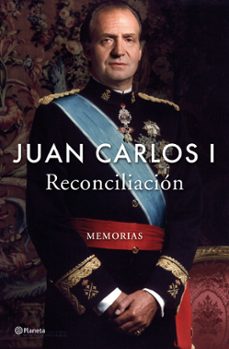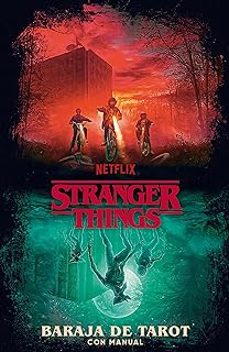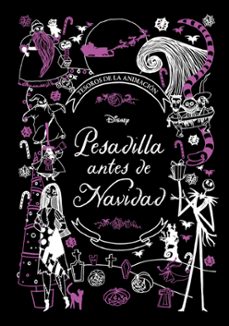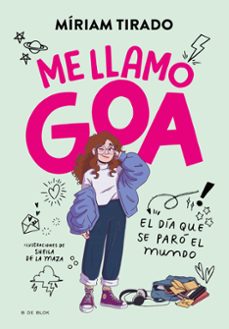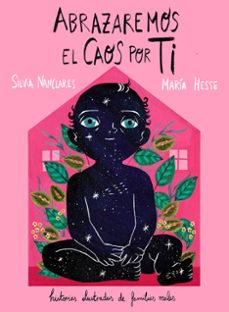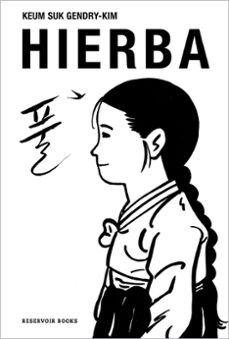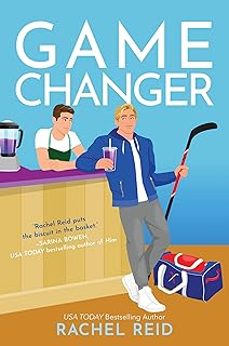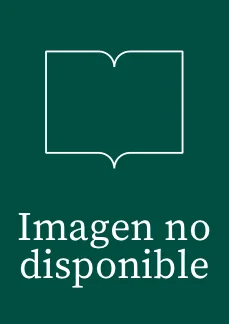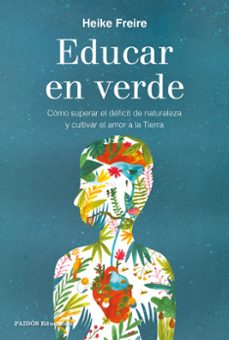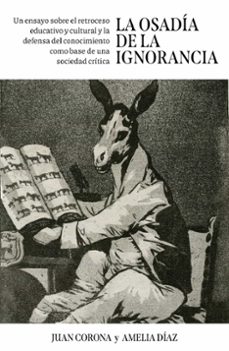Imprescindibles
Más vendidos Libros más leídos eBooks más leídos Todos los libros Todos los libros Autores destacados Series y sagas
Recomendados Libros recomendados Autores destacados Libros que inspiran Vidas con historia LGTBIQ+ English books
Ficción
Literatura Contemporánea Estudios literarios Clásicos Cuentos Poesía Teatro Libros de bolsillo Sagas literarias
Géneros literarios Novela romántica y erótica Novela negra Novela histórica Narrativa fantástica Novela de ciencia ficción Novela de terror Narrativa de humor Narrativa de viajes
No Ficción
Ciencias y tecnología Biología Ciencias Ciencias naturales Divulgación científica Informática Ingeniería Matemáticas Medicina Salud y dietas Formación Idiomas Estilo de vida Libros de Cocina Guías de viaje Narrativa de viajes Deportes Libros de Juegos Manualidades
Humanidades Autoayuda y espiritualidad Ciencias humanas Derecho Economía y Empresa Psicología y Pedagogía Filosofía Sociología Filología Biblioteconomía Estudios filológicos Estudios lingüísticos Estudios literarios Historia y crítica de la Literatura
Infantil
Juvenil
#Jóvenes lectores Narrativa juvenil Clásicos adaptados Libros Wattpad Libros Booktok Libros de influencers Libros de Youtubers Libros Spicy Juveniles Libros LGTBIQ+ Temas sociales Libros ciencia ficción Libros de acción y aventura Cómic y Manga Juvenil Cómic Juvenil Manga Shonen Manga Shojo Autores destacados Jennifer L. Armentrout Eloy Moreno Nerea Llanes Hannah Nicole Maehrer
Libros de fantasía Cozy Fantasy Dark academia Hadas y Fae Romantasy Royal Fantasy Urban Fantasy Vampiros y hombres lobo Otros Misterio y terror Cozy mistery Policiaca Spooky Terror Thriller y suspense Otros
Libros románticos y de amor Dark Romance Clean Romance Cowboy Romance Mafia y amor Romance dramatico Romance dramatico Romcom Sport Romance Otros Clichés Enemies to Lovers Friends to Lovers Hermanastros Slow Burn Fake Dating Triángulo amoroso
Cómic y Manga
Novela gráfica Novela gráfica americana Novela gráfica europea Novela gráfica de otros países Personajes, series y sagas Series y sagas Star Wars Superhéroes Cómics DC Cómics Marvel Cómics otros superhéroes Cómics Valiant
eBooks
Literatura Contemporánea Narrativa fantástica Novela de ciencia ficción Novela de terror Novela histórica Novela negra Novela romántica y erótica Juvenil Más de 13 años Más de 15 años Infantil eBooks infantiles
Humanidades Autoayuda y espiritualidad Ciencias humanas Economía y Empresa Psicología y Pedagogía Filosofía Historia Historia de España Historia Universal Arte Cine Música Historia del arte
Ciencia y tecnología Ciencias naturales Divulgación científica Medicina Salud y dietas Filología Estudios lingüísticos Estudios literarios Historia y crítica de la Literatura Estilo de vida Cocina Guías de viaje Ocio y deportes
Preventa de libros de Historia y filosofía de la educación
Te puede interesar
Filtros
Del 1 al 3 de 3
DESTINO 9788423369461
Un manifiesto para devolver al aula el poder de custodiar lo inesperado.Este libro es un manifiesto contra la domesticación educativa y la lógica mercantilista que asfixia la enseñanza. Carlos Javier Gonzalez Serrano defiende el aula como espacio "sagrado" -no por devocion, sino por su capacidad de custodiar lo inesperado- donde el silencio, la pausa y la atencion desafian la prisa y la uniformidad. Con un lenguaje que entrelaza filosofia, mistica no confesional y experiencia docente, el autor denuncia el secuestro de los tiempos educativos, la mercantilizacion emocional y la infantilizacion pedagogica, y propone una educacion que realme el mundo: que despierte el deseo de aprender, fomente la libertad y recupere la belleza como horizonte. Un libro para quienes creen que enseñar no es adiestrar, sino abrir caminos hacia lo inedito.
Ver más
Tapa blanda
Ediciones Paidós 9788449344749
Heike Freire, referente internacional en transformación educativa y desarrollo humano en contacto con la naturaleza, presenta un marco práctico y conceptual para fomentar una educación que potencie nuestro vinculo con la naturaleza.La evolucion de nuestra sociedad nos ha llevado a aislarnos cada vez mas de nuestro entorno natural, y las pantallas no han hecho mas que potenciarlo. Hemos reprimido nuestra necesidad innata de contacto con la naturaleza que, no obstante, se ha demostrado indispensable para nuestra salud mental, fisica y espiritual y, sobre todo, para el desarrollo de los mas pequeños. Heike Freire, referente internacional en transformacion educativa y desarrollo humano en contacto con la naturaleza, se basa en su experiencia y en los ultimos estudios de materias como la pedagogia, la biologia, la sociologia y la antropologia entre otras para exponer los peligros de nuestra biofobia. En Educar en verde, Freire defiende las ventajas de una educacion arraigada en la naturaleza que se fundamente en juegos y actividades al aire libre, y nos ofrece multiples consejos sobre como podemos lograrlo y estimular el vinculo de nuestros hijos con la naturaleza. Apelando a nuestra responsabilidad como educadores, la autora nos insta a cambiar nuestros metodos y fomentar una biofilia que cultive una etica del cuidado a traves de la cual, con el debido apoyo en casa o en la escuela, ayudaremos a todos los niños a crecer mas sanos y felices y convertirse en personas autonomas, inteligentes, seguras de si mismos y comprometidas.
Ver más
Tapa blanda
Gestión 2000 9788498756074
El conocimiento es el cimiento de una sociedad críticaEn tiempos donde la desinformación se confunde con comodidad, este libro irrumpe con una propuesta audaz y necesaria. Su mensaje es claro: no podemos seguir educando ni viviendo de espaldas a la realidad. Con una voz lucida y provocadora, invita a replantear el sistema educativo y cultural, impulsando un cambio que responda a las verdaderas demandas de nuestro tiempo. Una lectura que inspira y genera conversacion, perfecta para un publico que busca reflexionar, cuestionar y actuar. Mas que un libro, es un llamado a la madurez colectiva; una obra que conmueve, incomoda y deja huella. Ideal para quienes creen que el conocimiento sigue siendo la herramienta mas poderosa para transformar el mundo.
Ver más
Tapa blanda
Del 1 al 3 de 3


